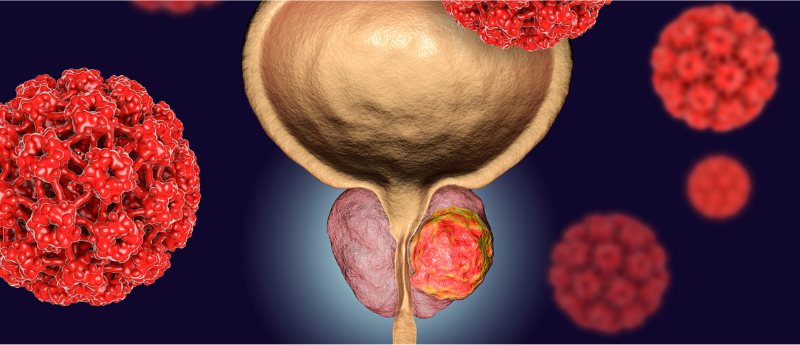METASTIC, CASTRATE-RESISTANT PROSTATE CANCER (mCRPC)
Prostate cancer develops when abnormal cells form and grow in the prostate gland. Unlike benign (or non-cancerous) growths these are cancerous (malignant). Early stages of prostate cancer relies on the growth of testosterone. If prostate cancer spreads beyond the prostate this is called ‘metastatic’. This means it is found growing in other organs or tissues. It can be difficult to treat and can be life threatening once spread.
Castrate-resistant prostate cancer is a form of advanced prostate cancer. With CRPC, the cancer no longer completely responds to treatments that lower testosterone. It shows no sign of growth, like a rising PSA (prostate specific antigen) even with low levels of testosterone. With metastatic CRPC the cancer stops responding to hormone treatment, and it’s found in other parts of the body. It can spread to nearby lymph nodes, bones, bladder, rectum, lungs and maybe even the brain. – Urology Care Foundation
Prostate Cancer is the second most common cause of cancer-related deaths in the United Stated taking 30,000 men per year. All patients with late-stage disease eventually become refractory to hormonal therapy (castrate-resistant) thus effecting more than 23,000 men in the US. First line local and systematic therapies include surgery, radiation, and androgen deprivation therapy (ADT) or Androgen Inhibitors (Ais).
Aberrant hedgehog signaling suggests a direct role in prostate cancer as promotion of tumor formation and invasion whilst also contributing towards development of castrate-resistance ADT or AI failures.





